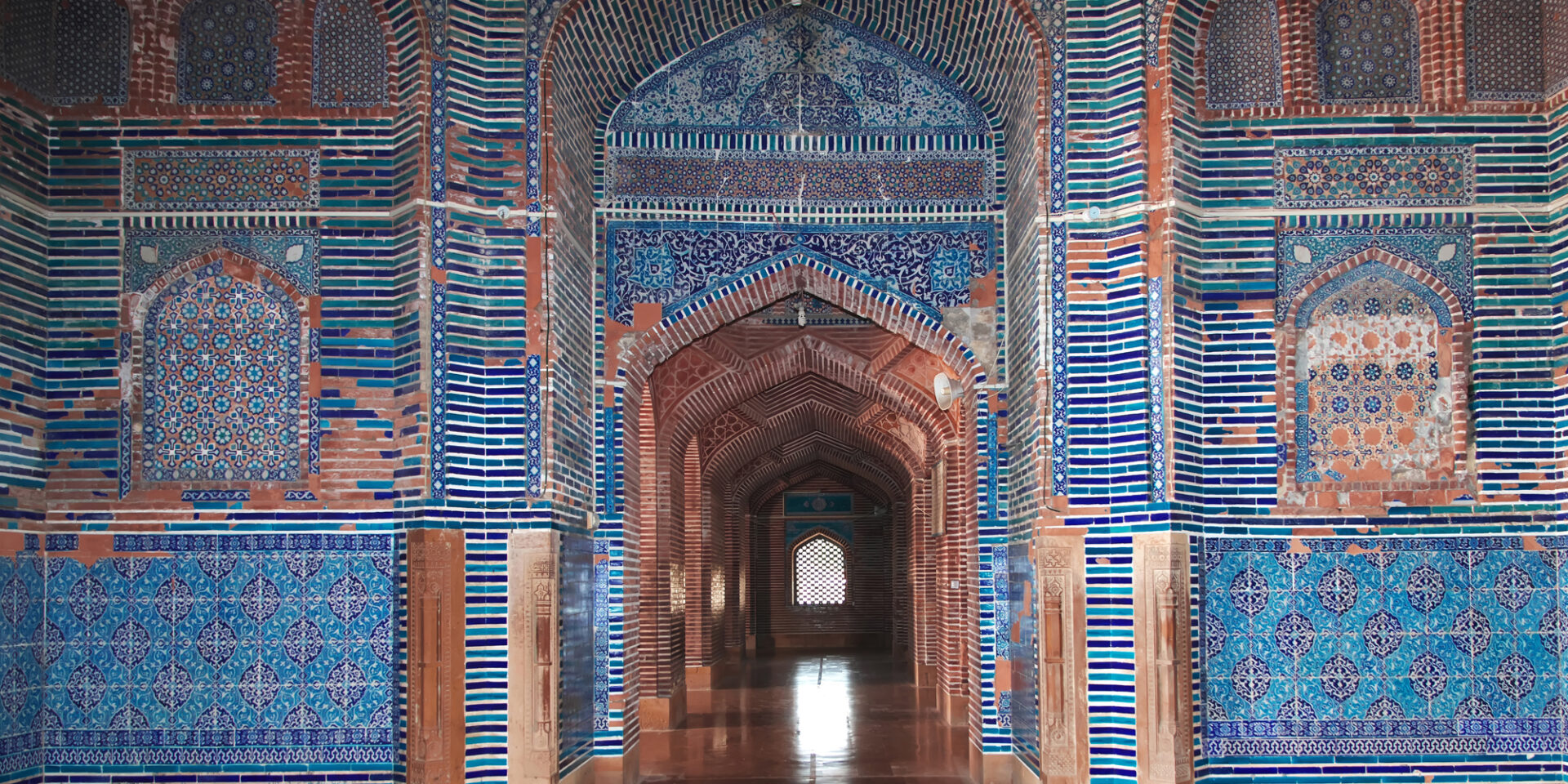Cecile Thioro Niang, Soraya Azhar, Aruhvi Krishnasammy , Dato’ Mohd Muazzam Mohamed, Zulfa Abdul Rahman, Ayşe Ariak Tunaboylu, Dana Jensen, Tanya Musumhi
Event Overview
With its deep-rooted commitment to the public good, Islamic Finance is ideally positioned to play a vital role in the global sustainability movement. As such, leading stakeholders are coming together to discuss the tremendous potential of Islamic Finance in advancing Sustainable Development Goals (SDGs).
On November 1st, 2023, the Malaysian Institute of Accountants (MIA), the World Bank, and the International Federation of Accountants (IFAC) organized a hybrid roundtable titled ‘Unleashing the Potential of Islamic Finance—Global Perspectives on Achieving the SDGs with Islamic Finance Tools & Concepts’ in Kuala Lumpur. It was co-chaired by (1) Cecile Thioro Niang, Practice Manager, Finance, Competitiveness and Innovation, East Asia & Pacific Region, World Bank; (2) Dato’ Muazzam Mohamed, Group CEO, Bank Islam Malaysia Berhad & Chairman of Islamic Finance Committee of the Malaysian Institute of Accountants (MIA); and (3) Ayşe Arıak-Tunaboylu, IFAC Board Member & Director of Operations, E-Lux Mobile. The event featured keynote remarks from Asmaa Resmouki, IFAC President, and a presentation from Dr. Bello Lawal Danbatta, Secretary General of IFSB.
The roundtable featured high-level discussions from experts about the global trends facing the Islamic finance industry and practical examples of how Islamic finance enables the SDGs.
Key Takeaways from the Discussion
Part 1 – Highlighting the Natural Alignment between Islamic Finance and the SDGs, Based on the Maqasid Al-Shariah (higher goals of Islam)
At the roundtable, all agreed that there is a natural alignment between Islamic finance and the SDGs. Still, the differences lie in how jurisdictions choose to integrate the SDGs into their development plans and that there must be mutual respect and learning around the different approaches.
Securities Commission Malaysia (SC) issued the first-in-the-world Maqasid Al-Shariah guidance for the Islamic capital market (ICM) on November 2nd, 2023 to guide all ICM decisions. The Guidance underscores the SC’s aspirations to enhance ICM’s competitive advantage and fortify ICM’s impact and contribution to society and the real economy.
Part 2 – Examining and Discussing Some of the Challenges for Harnessing Islamic Finance to Support the SDGs
Challenges about harnessing Islamic Finance to support the SDGs were discussed. However, experts also presented potential solutions to address these challenges highlighted below:
1. More awareness-raising among various stakeholders is needed on Islamic finance’s synergies with the SDGs.
More education on Islamic finance’s synergies with the SDGs is needed among accountants and financiers. Professional Accountancy Organizations (PAOs) can play an important role here in introducing accounting standards for Islamic social finance—such as waqf (Islamic endowment) and zakat (almsgiving)—for its members’ professional development, which simultaneously would increase awareness of the standards and build trust.
2. Lack of data to track and map progress against achieving SDGs.
Socially responsible investment (SRI) sukuk has seen exceptional growth. Still, the contribution of Islamic finance instruments to different parts of environmental, social, and governance issues— and hence other SDGs— is not evenly concentrated. Climate-focused projects have benefited from Islamic capital market growth, social and governance— such as agriculture and food security— projects less so. Adding waqf to the SRI sukuk framework partly addresses this, but seeing growth for social-oriented projects will take time.
3. Difficulty agreeing on a single set of standards, and adoption remains partial or a matter of guidance, as most countries’ legal and regulatory infrastructures are rarely reformed to enforce the use of these standards strictly.
The use of a standard format and language makes it easier for those in the profession to understand and make judgments on financial activities. Presently, the Islamic financial legal bodies include the Accounting and Auditing Organization for Islamic Financial Institutions (AAOIFI), the Islamic Financial Services Board (IFSB), and the International Islamic Financial Market (IIFM). AAOIFI, established in 1990, focuses on financial accounting standards that complement or fill the gaps between IFRS and Islamic finance. Meanwhile, the Islamic Financial Services Board (IFSB), established in 2002 with the close support of the International Monetary Fund, promotes prudential guidelines to financial regulators by adopting international standards, developing new standards, and reviewing standards to ensure they serve Sharia objectives. Implementing IFSB and AAOIFI standards has the potential to enhance disclosure and governance to protect the public interest (Lukonga, 2015 Finally, the International Islamic Financial Market (IIFM) was established in 2002 under the combined efforts of the Central Bank of Bahrain, Islamic Development Bank, Bank Indonesia, Central Bank of Sudan, Bank Negara Malaysia, and Autoriti Monetari Brunei Darussalam to provide standards on Islamic capital and money markets for market unification. The institutions’ functional objectives vary despite working with similar motives. In some cases, AAOIFI and IFSB work on a similar issue or product (e.g., Sukuk); thus, the synergizing cooperation between the institutions is required.
The next hurdle is making data available so standards can be implemented. Islamic finance would benefit from simple metrics that balance monetization, impact, and religiosity to push priority agendas like refugee financing.
4. Difficulties mapping Islamic Finance with the SDGs and mobilizing Islamic Finance to achieve the SDGs.
Standard-setting bodies play a crucial role in driving the Islamic finance-SDG link by creating principles-based frameworks that countries can adopt and implement according to their needs. However, the critical next step is for actors to track their progress and build cascading benefits for the SDGs. One example is the iTEKAD social finance program introduced by Bank Negara Malaysia (BNM) to assist low-income microentrepreneurs in strengthening their financial management and business acumen towards generating sustainable income.
Islamic finance projects contribute to the SDGs, but often do not explicitly make their links to the SDGs.More work can be done to harmonize and standardize Islamic finance regulations to facilitate the ease of investment and mobility of funds.
Islamic social finance can be further mobilized for the SDGs by widening product options (e.g., only a handful of social impact sukuk have been issued). A big challenge is the lack of replication of good Islamic social finance models. The Organization of Islamic Cooperation (OIC) could consider doing more to transfer and diffuse excellent models across their member countries.

5. Funding gap towards Islamic finance products to achieve SDGs.
The funding gap is partly due to a trust deficit. There needs to be reassurance that money channeled into Islamic finance products for SDGs goes where intended. The trust deficit could be addressed by monitoring and evaluating Islamic finance-funded projects (see new World Bank report ‘Tracking Progress: Impact Monitoring of Social Finance’). The funding gap can also be overcome with mindset changes—specifically, by educating high net worth individuals about social, environmental, and governance ROI such as using waqf and other Islamic social finance instruments. Islamic Finance can help alleviate the SDG gap by bringing private-public partnerships and philanthropy (PPPPs). One example is the Achmad Wardi Eye Hospital in Serang, Banten, Indonesia, which applies cash waqf-linked sukuk for the to construct a retina and glaucoma center.1
6. There is a need for regulators to establish a comprehensive regulatory framework that includes the various aspects of Islamic finance.

As every Islamic finance entity has strengths and limitations, collaboration among all organizations in the Islamic finance ecosystem is necessary. From the regulatory perspective, it’s important to building a conducive ecosystem that identifies Islamic fintech and technology start-ups with lots of potentials, helps them grow, and ultimately facilitate their export to the broader global market with an eye to advance the SDGs.


Part 3 – Next Steps
Concerted efforts are needed to increase financial literacy and awareness of the linkage between Islamic Finance, sustainability reporting, and achieving the SDGs. More data is required to understand better these linkages for Islamic Finance to reach its full potential. Lastly, IFAC proposed that the Islamic Finance sector could pursue a “Building Blocks” approach: on the one hand, reporting on investor-focused aspects of its work so that capital is directed toward companies that are best-positioned to pursue a sustainable future, while on the other hand pursuing the social goals of Shariah, all in service of the overarching goals of sustainable development and achieving the SDGs.
This article was first published on the IFAC Knowledge Gateway on 28 November 2023.
Stay tuned for a joint report published in Q1 2024 analyzing our findings from the focus group discussions and most recent roundtable. In the meantime, IFAC encourages professional accountancy organizations to submit case studies highlighting how Islamic financial instruments have been used to advance SDGs in their respective jurisdictions. It is important to highlight these stories among the resources on Islamic Finance that IFAC staff have assembled on the website. Please get in touch with Dana Jensen, Senior Manager, IFAC ([email protected]).






